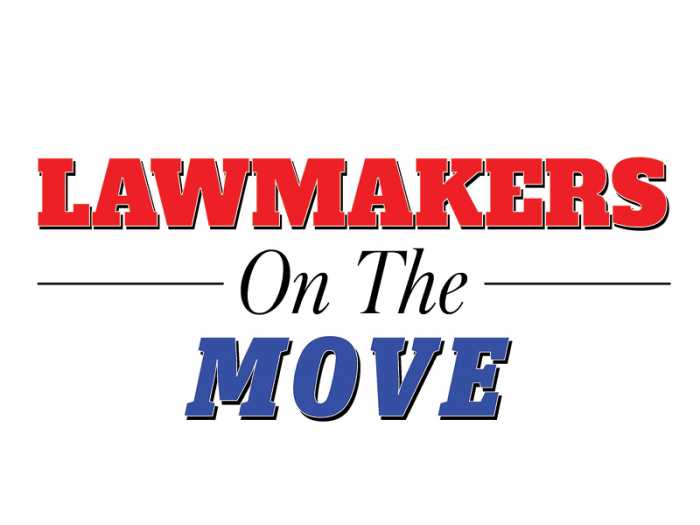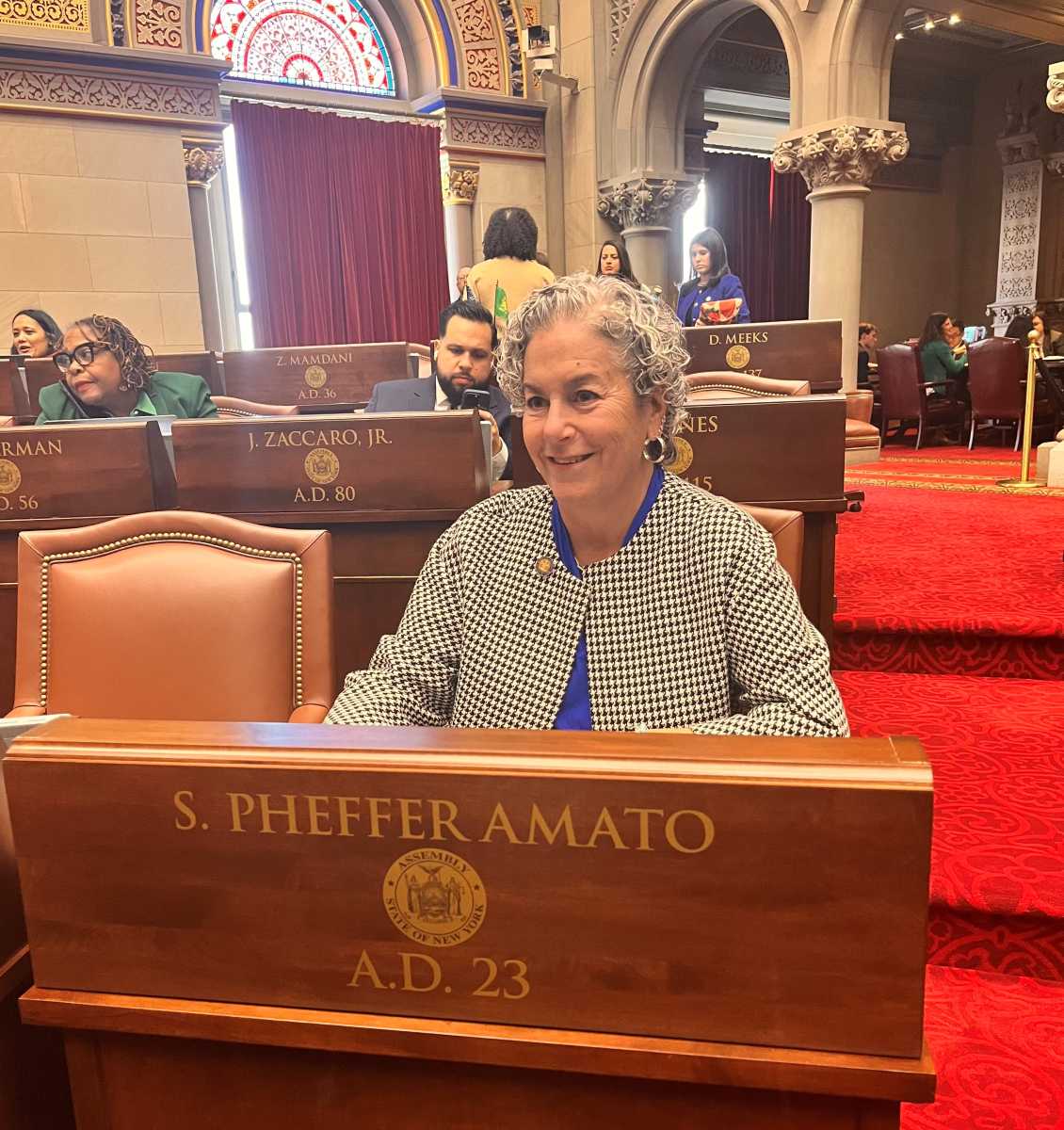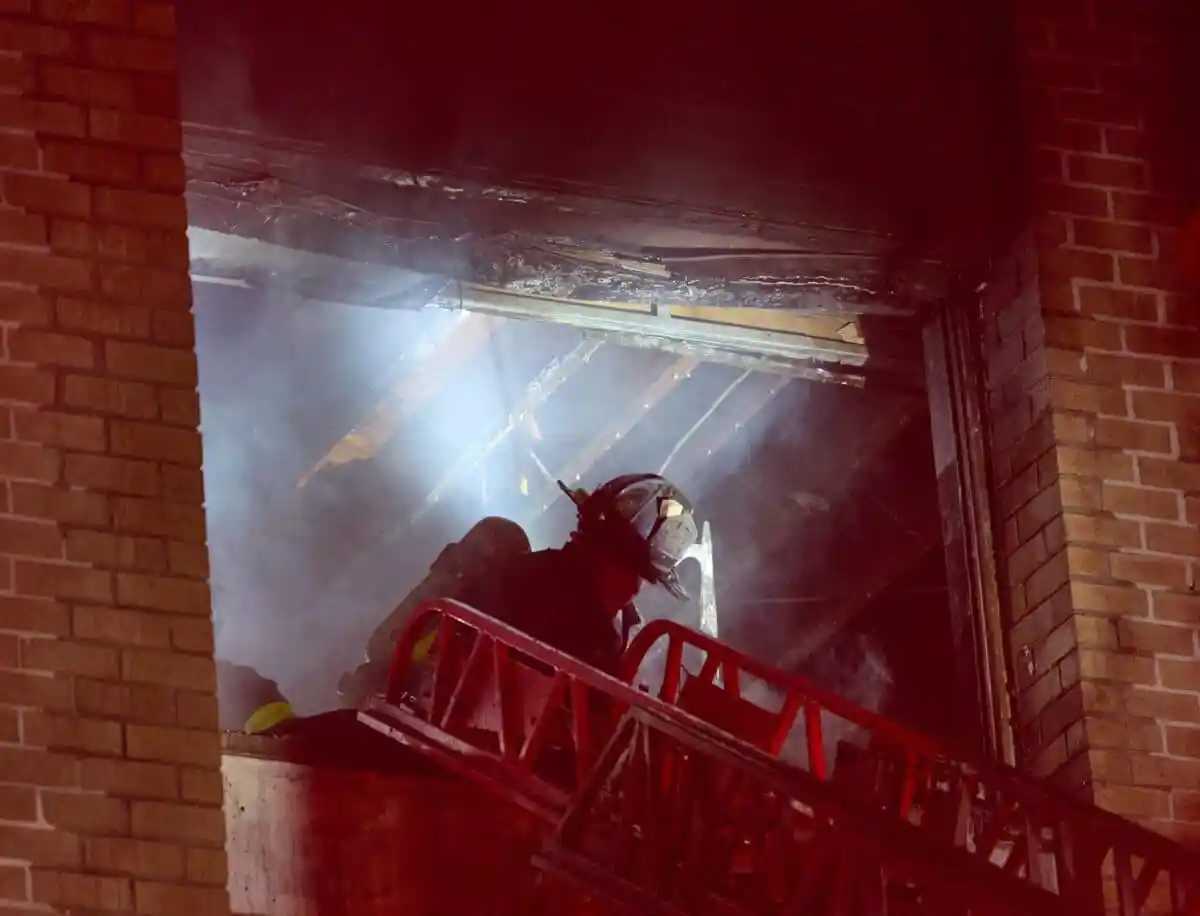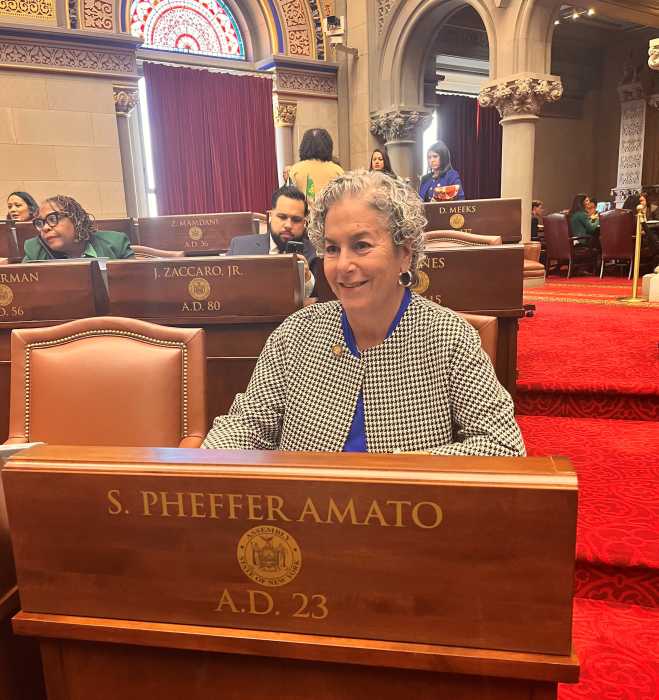Hate crimes continue to be underreported across America — something that Queens Congress Member Grace Meng and U.S. Senator Kirsten Gillibrand want to change.
The pair appeared together at the John Jay College of Criminal Justice on Monday and said that more needs to be done to ensure that law enforcement agencies are notifying the FBI about hate crimes. Currently, state and local police are only encouraged to notify the FBI about hate crimes, and it is not a mandatory.
The FBI, in its most recent Hate Crimes Statistics report, found that “a significant number of law enforcement agencies were failing to report hate crimes.” The agency released data that showed that only 11,834 agencies reported incidents in 2021, which was a decrease from 15,834 agencies reporting the year prior. The result led to a drop in the number of hate crimes reported.
“We were alarmed to find out that many law enforcement agencies didn’t submit their data to the FBI at all,” Gillibrand said. “We must make sure that we have the most updated and accurate hate crime data so we can fully understand the problem and identify real solutions.”
Meng and Gillibrand sent a letter to Attorney General Merrick Garland on Monday outlining their concerns. They said that the national reporting system needs to be enhanced, since it is creating the impression that hate crimes are declining.
The lawmakers were joined at Monday’s announcement by representatives from ethnic and racial organizations who applauded their efforts to highlight the problem of rising hate crimes in America. Those groups included the Asian American Federation, the United Jewish Appeal-Federation of New York, and Equality New York.
Anti-Black crimes continue to be the highest in the race-based category, comprising 63% of all hate crime incidents reported to the FBI in 2021. Since the organization started tracking antisemitism, the Anti-Defamation League also noted the highest number of antisemitic incidents in the U.S. in 2021, which increased by 34% from the year before.
Anti-Asian hate crimes in New York also increased 226% from 2020 to 2021 during the height of the COVID-19 pandemic, according to the Center for the Study of Hate and Extremism.
In 2021, the FBI switched over to a new system for hate crime reporting, known as the National Incident-Based Reporting System (NIBRS), although the transition is not complete. The NIBRS allows for more detailed data and context about each individual crime, including victim and offender demographics, location and timing, and information on separate offenses within the crime incident.
While the FBI has been collecting data on hate crime incidents for more than three decades, the FBI stated that it could take up to two years for law enforcement agencies to comply with the new data reporting system. Meng decried the wait.
“I’m deeply disheartened that law enforcement agencies around the country have not yet transitioned fully to this system,” Meng said. “Now, we need data and answers to understand the scope of the issue facing our law enforcement agencies.”
Meng and Gillibrand pointed out that “rising prevalence of bias-related hate crimes continues to instill fear in communities across the nation, particularly within communities of color, faith-based communities, and the LGBTQ+ community.”
Four other members of the New York Congressional delegation signed on to the letter: Dan Goldman, Ritchie Torres, Nydia Velázquez and Nicole Malliotakis.
Meng and Gillibrand requested that the DOJ respond by April 20, and to provide information such as the number of law enforcement agencies that are submitting hate crime data to the NIBRS, the reasons behind the underreporting, and how to get more law enforcement agencies on board to participate.
“We’re asking the Department of Justice to identify and address the barriers that our law enforcement agencies may be facing in accurately reporting this data,” Gillibrand said.







































